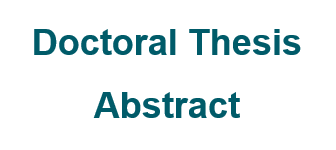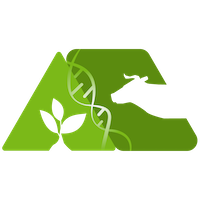Agroecological Pathways of Family Farmers in Northern Uruguay
Doctoral thesis abstract
DOI:
https://doi.org/10.31285/AGRO.28.1561Keywords:
grazing intensity, grasslands, cow-calf systems, nutrition-reproduction, heifersAbstract
In Uruguay, to address the socio-environmental problems generated by the production model resulting from the Green Revolution, several civil society organizations promoted the creation of a National Agroecology Plan (NAP) in 2015. The enactment of Law No.19.717, declaring a general interest and establishing a National Honorary Commission and a National Plan for the Promotion of Production with Agroecological Bases, along with recent calls from the “Senda Agroecológica” initiative, provide a favorable scenario to envision new production systems with agroecological foundations and pose a challenge for agronomic research. Despite this law defining family farmers as its main beneficiaries and the majority being livestock producers, there are few studies on the role of their technical and organizational practices in agroecological transition and the definition of agroecology. To contribute to filling this gap, the research aimed to identify the role of these practices, both individually and collectively, in defining agroecology and its trajectory. A theoretical framework and methodology were developed to analyze the practices and strategies of family livestock farmers and their relationships with technicians. Situations of change were identified, such as tick biological control and natural field management, through interviews and group work with farmers and technicians. Agroecological transition trajectories were analyzed, considering the role of territories in coordinating actions among diverse actors and establishing new identities and action devices, such as public policies and institutional projects. Results at both individual and collective levels indicate multiple transition paths, dependent on the specific situation of farms and projects. The analyzed cases reveal diversity in transitions without any prevailing. The challenge lies in turning these transformations into drivers of processes towards a strong agroecology, requiring support, assistance and guidance actions in the implementation of public policies.
Downloads

Published
How to Cite
Issue
Section
License
Copyright (c) 2024 Agrociencia Uruguay

This work is licensed under a Creative Commons Attribution 4.0 International License.
| Article metrics | |
|---|---|
| Abstract views | |
| Galley vies | |
| PDF Views | |
| HTML views | |
| Other views | |

















